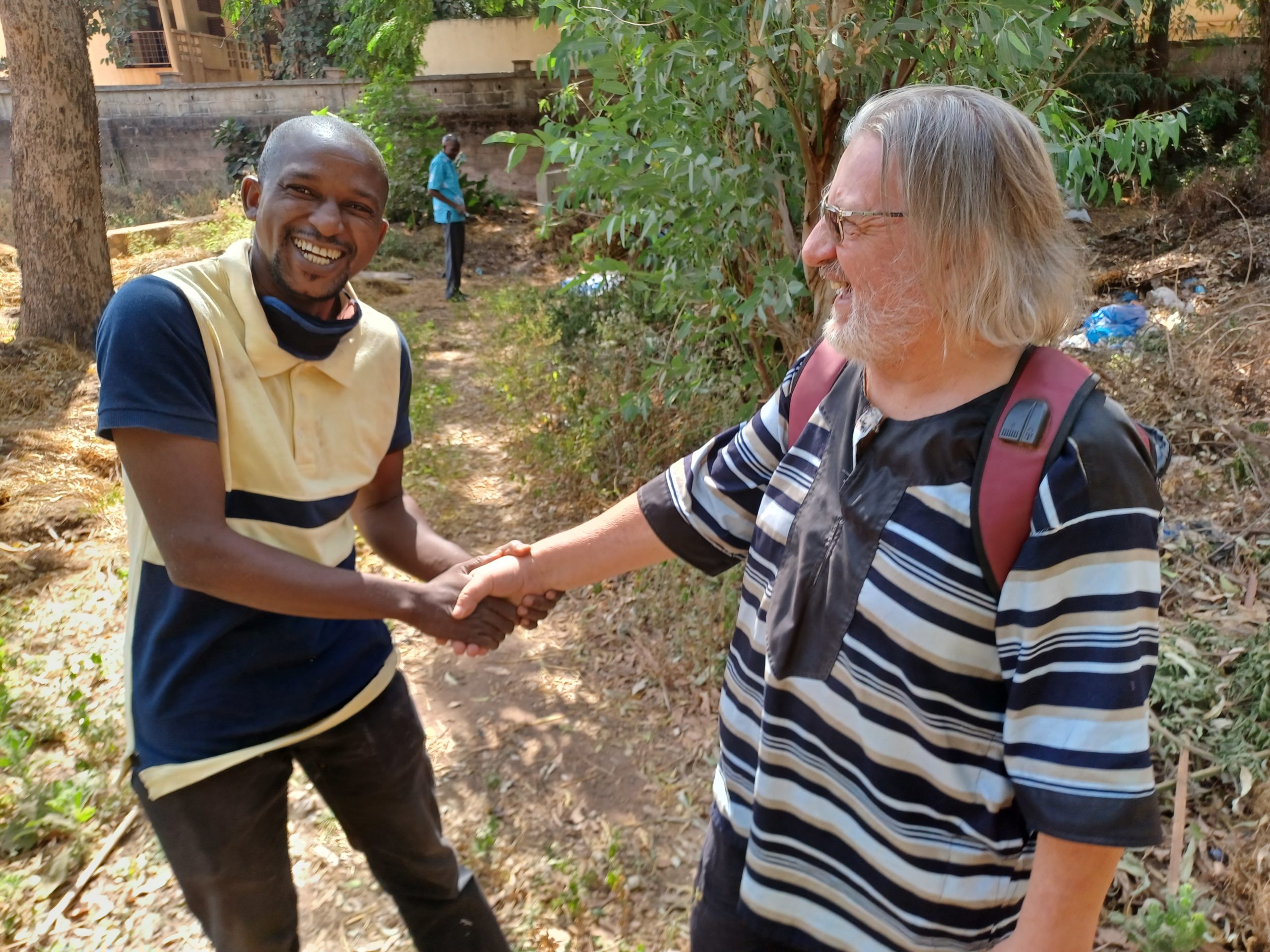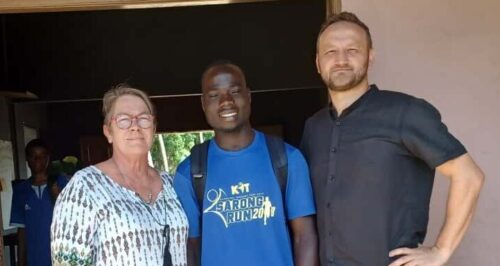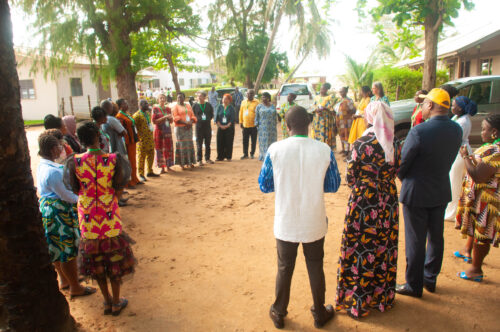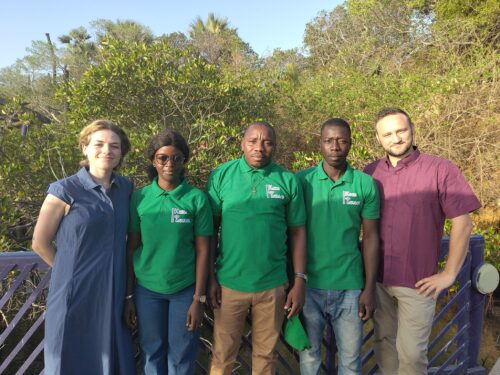Our project Sugu Horonproject, launched in September 2022 in collaboration with the Joeli Devenir association, plays a central role in strengthening agroecological producers in Bamako, Mali. Farmers come together in the “ Réseau Solidaire en Agroécologie Paysanne et Citoyenne” (RESAPAC). Thanks to field surveys and the work of our partner Joeli Devenir, the needs of direct beneficiaries have become increasingly apparent.
One of the priority needs identified by the team in the field is to ensure that farmers have access to a regular supply of quality compost, respecting the principles of agroecology, throughout the year. Right from the start of the project, the agronomists provided support to the farmers through group training sessions and individual visits, aimed at boosting their organic compost production. Today, the vast majority of farmers benefiting from the project are self-sufficient in the manufacture of their own biofertilizers.
As the project enters its second year, RESAPAC is attracting growing interest among Bamako’s farmers, leading to its expansion. To meet this growing demand and to satisfy everyone’s needs, our field partner Joeli Devenir has set up a compost production unit. Located at the Club Hippique de Bamako, this manufacturing facility guarantees producers top-quality organic compost, produced using a strictly agro-ecological process.
In concrete terms, the manufacturing process involves layering horse dung with tree leaves, followed by a one-week resting period. Natural chemical reactions raise the temperature to 80°C, providing ideal conditions for decomposition. After several stages of processing over a month, the resulting compost has a fine, earthy, almost odorless texture.
The effectiveness of this compost has already been praised by many farmers in the network, and its competitive price compared with chemical fertilizers makes it an economical alternative. But what we’re particularly proud of is that the product is entirely natural and made in Mali, making a direct contribution to the country’s quest for food sovereignty.
By offering farmers an environmentally-friendly and economically viable means of production, this composting facility becomes a fundamental pillar for a more promising and sustainable agricultural future in Bamako and beyond.








